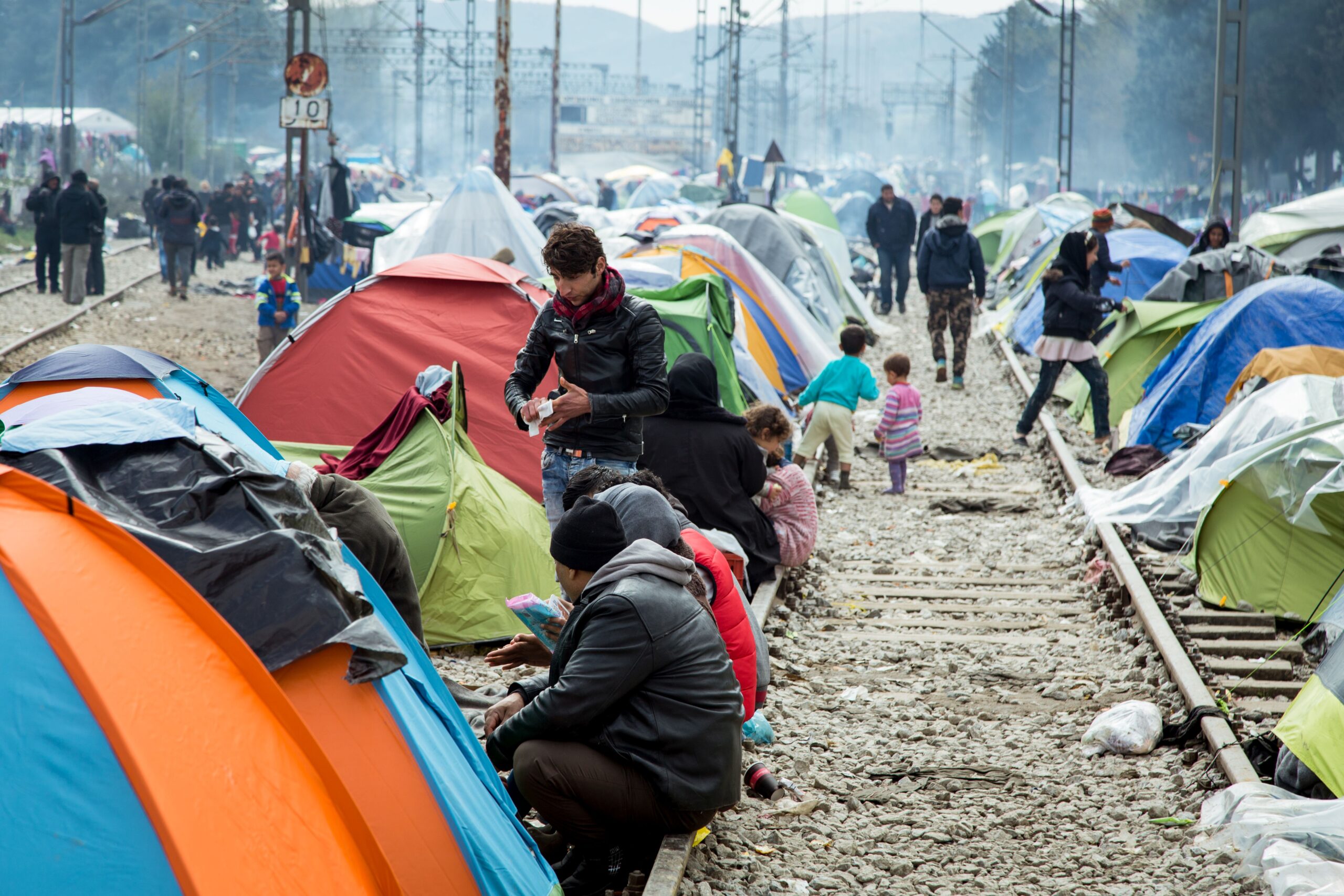The world is often awash with discussions surrounding the issues of refugees and migrants. Within this framework, there emerges a critical question: what distinguishes a refugee from a migrant, and more intriguingly, what spiritual insights do the Bahá’í teachings offer on these classifications? As global displacement escalates, prompting both humanitarian and political implications, the need for nuanced understanding and compassionate action becomes paramount. The Bahá’í Faith provides a distinctive lens through which to examine these phenomena, promising a transformative perspective that emphasizes the shared humanity of all individuals regardless of their origins or circumstances.
To initiate this exploration, it is essential to delineate the terms “refugee” and “migrant.” A refugee, as defined by international law, is a person who has been forced to flee their home country due to well-founded fear of persecution based on race, religion, nationality, membership in a particular social group, or political opinion. Conversely, a migrant moves from one place to another, often voluntarily, seeking better opportunities or quality of life. While these definitions elucidate the legal frameworks surrounding displacement, the Bahá’í Faith encourages us to look beyond mere categorizations to the underlying spiritual implications.
The Bahá’í teachings assert the oneness of humanity, transcending the divisive labels that societies often impose. This perspective prompts adherents to view both refugees and migrants as integral members of the human family, deserving of dignity and respect. Such an understanding compels believers to engage with the needs and rights of displaced individuals, fostering a spirit of solidarity that acknowledges the shared challenges most face in times of crisis.
From a spiritual standpoint, the plight of refugees and migrants echoes the Bahá’í principle of servitude to humanity. Every individual, irrespective of their status, possesses an innate capacity for contribution, creativity, and growth. By recognizing refugees and migrants as divine beings endowed with potential, the Bahá’í community is impelled to cultivate environments where these individuals can thrive. This transformative perspective fosters resilience among displaced populations, affirming that their journeys—often fraught with adversity—are not solely tales of suffering but also of hope, fortitude, and renewal.
Moreover, Bahá’í teachings emphasize the interconnectedness among all people. This interconnectedness is evident in the variety of ways in which diverse cultures enrich one another. Refugees and migrants bring with them unique traditions, perspectives, and skills that can significantly contribute to the cultural tapestry of their new communities. The Bahá’í Faith advocates for the celebration of diversity, arguing that it is through unity in diversity that humanity can reach its full potential. This principle speaks volumes in the context of global migration issues, urging individuals and communities to embrace newcomers, not as intruders, but as valuable contributors to a shared future.
In light of the Bahá’í emphasis on justice, one must also explore the significance of equitable treatment for all, irrespective of their migratory status. The teachings advocate for the elimination of prejudice and discrimination, heralding an era where social justice is the norm rather than the exception. The ethical imperative to stand for the rights of refugees and migrants resonates deeply within a Bahá’í framework, reinforcing the call to action against systemic injustices that often exacerbate their predicaments. It calls for advocacy—not simply as a political act, but as a spiritual obligation to uphold the rights and freedoms of all individuals.
Furthermore, the Bahá’í Faith encourages a shift in perspective regarding borders and national identity. Many times, the delineation of borders fosters a detrimental ‘us versus them’ mentality, fostering alienation and conflict. The Bahá’í worldview, however, posits that these artificial boundaries pale in comparison to the greater, unifying identity of humanity. The notion of one global village is a recurrent theme, promoting the idea that all human beings, irrespective of nationality, should be seen as members of a single family. This philosophy inspires a proactive approach to humanitarian assistance by motivating individuals to act from a place of compassion rather than obligation.
Practically, the application of Bahá’í principles to the plight of refugees and migrants can take numerous forms. Community involvement through volunteerism, advocacy, and support for equitable immigration policies underscores a commitment to elevating the complex realities faced by those displaced. Moreover, fostering inter-cultural dialogues that bring together diverse populations enhances understanding and reduces tensions, creating a societal fabric woven from new and rich narratives.
Given the precarious situation many refugees and migrants find themselves in, the Bahá’í teachings’ insistence on the importance of education and empowerment is especially poignant. Education is the bedrock upon which individuals can rebuild their lives and contribute meaningfully to society. It empowers them to advocate for their rights and navigate their new environments with confidence and agency, allowing them, irrespective of their background, to find their rightful place in their new homes.
In conclusion, while the legal definitions of “refugee” and “migrant” serve essential purposes, the Bahá’í teachings invite us to transcend these mere labels. The spiritual distinction lies not in categorization but in the holistic recognition of shared humanity. It calls for a paradigm shift—one that embraces both refugees and migrants as vital stakeholders in the collective journey towards global unity and understanding. Through compassionate engagement, equity, and a profound respect for diversity, we can foster a world where every individual is recognized not only for their circumstance but for their potential—both of which are essential to the evolving narrative of humanity.
